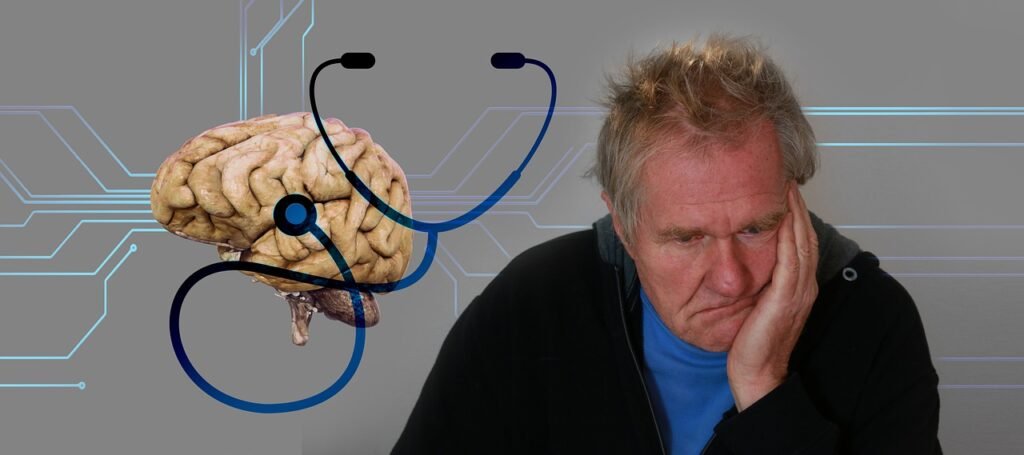Advancements in technology have revolutionized the field of medicine, enabling healthcare professionals to diagnose and treat diseases more effectively. One such technological breakthrough is the application of Artificial Intelligence (AI) in early disease detection and medical imaging. AI has the potential to significantly improve healthcare outcomes by enhancing the accuracy and efficiency of disease diagnosis, enabling early intervention, and improving patient care.
Leveraging AI for Disease Detection
The ability of AI to analyze vast amounts of data and detect patterns makes it a valuable tool for disease detection. Traditional diagnostic methods often rely on manual interpretation of medical images, which can be time-consuming and prone to human error. AI algorithms, on the other hand, can quickly analyze medical images such as X-rays, CT scans, and MRIs, and identify abnormalities that may indicate the presence of a disease.
By leveraging AI for disease detection, healthcare professionals can benefit from more accurate and timely diagnoses. This is particularly crucial in cases where early detection is vital for successful treatment outcomes. AI algorithms can flag potential abnormalities in medical images, helping radiologists and other specialists prioritize cases and provide prompt and appropriate care to patients.
The Role of AI in Medical Imaging
Medical imaging plays a pivotal role in diagnosing and monitoring various diseases. However, the interpretation of medical images can be complex, requiring specialized knowledge and experience. AI can assist healthcare professionals in this process by analyzing medical images and providing valuable insights.
AI algorithms can be trained to recognize patterns and anomalies in medical images, assisting radiologists in identifying and characterizing diseases. For example, in the case of cancer detection, AI can help identify suspicious areas in mammograms or detect subtle changes in lung scans that may indicate the presence of a tumor.
Furthermore, AI can aid in the quantification and tracking of disease progression. By analyzing serial medical images over time, AI algorithms can measure the size and growth rate of tumors, helping healthcare professionals monitor the effectiveness of treatment and make informed decisions regarding patient care.
AI Applications in Medical Imaging
The applications of AI in medical imaging are vast and continue to expand. Some notable examples include:
- Automated Detection and Diagnosis: AI algorithms can automatically detect and diagnose various conditions, such as lung nodules, fractures, and brain abnormalities, from medical images.
- Image Enhancement: AI can enhance the quality of medical images, improving their clarity and enabling healthcare professionals to make more accurate diagnoses.
- Virtual Biopsy: AI algorithms can simulate a biopsy procedure by analyzing medical images and providing insights into the likelihood of malignancy, reducing the need for invasive procedures.
- Image-Guided Interventions: AI can assist in surgical planning and navigation by overlaying medical images onto the patient’s anatomy, aiding surgeons in precise and targeted interventions.
These are just a few examples of how AI is transforming medical imaging and disease detection. The potential benefits of AI in healthcare are immense, ranging from improved diagnostic accuracy to enhanced patient outcomes.
Conclusion
The role of AI in early disease detection and medical imaging is rapidly evolving, offering new possibilities for healthcare professionals to improve patient care. By harnessing the power of AI algorithms, healthcare providers can enhance the accuracy and efficiency of disease diagnosis, enabling early intervention and ultimately saving lives. As technology continues to advance, it is crucial for healthcare professionals to embrace AI and leverage its potential to transform healthcare delivery.

